Moving a small business is a complex task with numerous logistical challenges. While ensuring that your office or workspace is packed, transported, and set up in a new location, it’s easy to overlook the importance of protecting your business assets with the right insurance coverage. In this post, we’ll cover essential insurance tips to safeguard your small business during a move.
1. Review Your Current Insurance Coverage
Before moving, it’s crucial to evaluate your existing insurance policies to ensure they cover your assets during the relocation process. Common types of coverage you may already have include:
- Business Property Insurance: Covers damages to your office equipment, furniture, and other physical assets.
- General Liability Insurance: Protects against any claims of injury or damage to others during the move.
- Commercial Auto Insurance: Ensures coverage for any vehicles used in the relocation.
Make sure to contact your insurance provider to verify the extent of your coverage during a move and update it if necessary.
2. Consider Moving Insurance
Standard business insurance policies often don’t cover damages that occur during the actual transportation of goods. To bridge this gap, consider investing in moving insurance, which provides:
- Full Replacement Coverage: For items that are damaged or lost during transit.
- Valuation Coverage: Provides compensation based on the weight or value of the items being moved.
Consult your moving company to understand their liability, and if needed, purchase additional insurance to cover high-value equipment or delicate assets.
3. Secure Temporary Coverage for Your New Location
While setting up your new office, you may need temporary or transitional insurance coverage to protect your business during the in-between phase. This could include:
- Contents Coverage for equipment or furniture while it is being set up or stored.
- Business Interruption Insurance, in case the move delays your operations, causing a loss of income.
4. Protect Against Employee Injuries
If you’re using employees to assist in the move, ensure that your Workers’ Compensation Insurance is up to date. Injuries can occur while lifting, loading, or unpacking equipment, and workers’ comp will help cover medical expenses and lost wages if an employee gets hurt.
5. Update Your Insurance for the New Location
Once the move is complete, it’s important to update your business insurance to reflect your new location. Factors to consider include:
- Changes in risk due to the location’s geography or local regulations.
- Any new equipment or infrastructure that needs to be insured.
- Adequate coverage for the new square footage and building features.
6. Communicate with Your Insurance Provider
Finally, it’s crucial to stay in touch with your insurance agent throughout the process. Regular updates will help you avoid gaps in coverage and ensure that your policy aligns with your new business environment.
Relocating a small business comes with enough challenges without having to worry about unexpected insurance issues. By reviewing your current policies, considering additional coverage, and working closely with your insurance provider, you can ensure that your business is protected from start to finish during your move.
